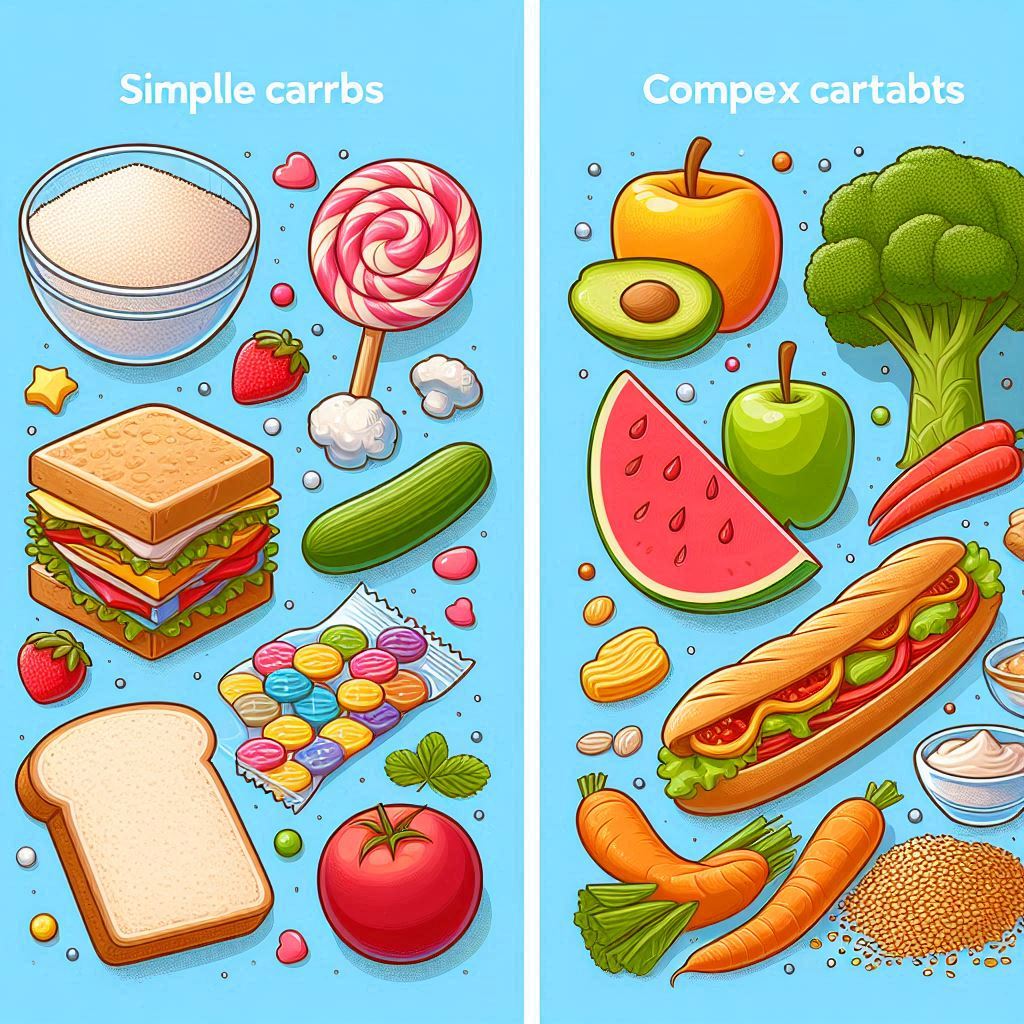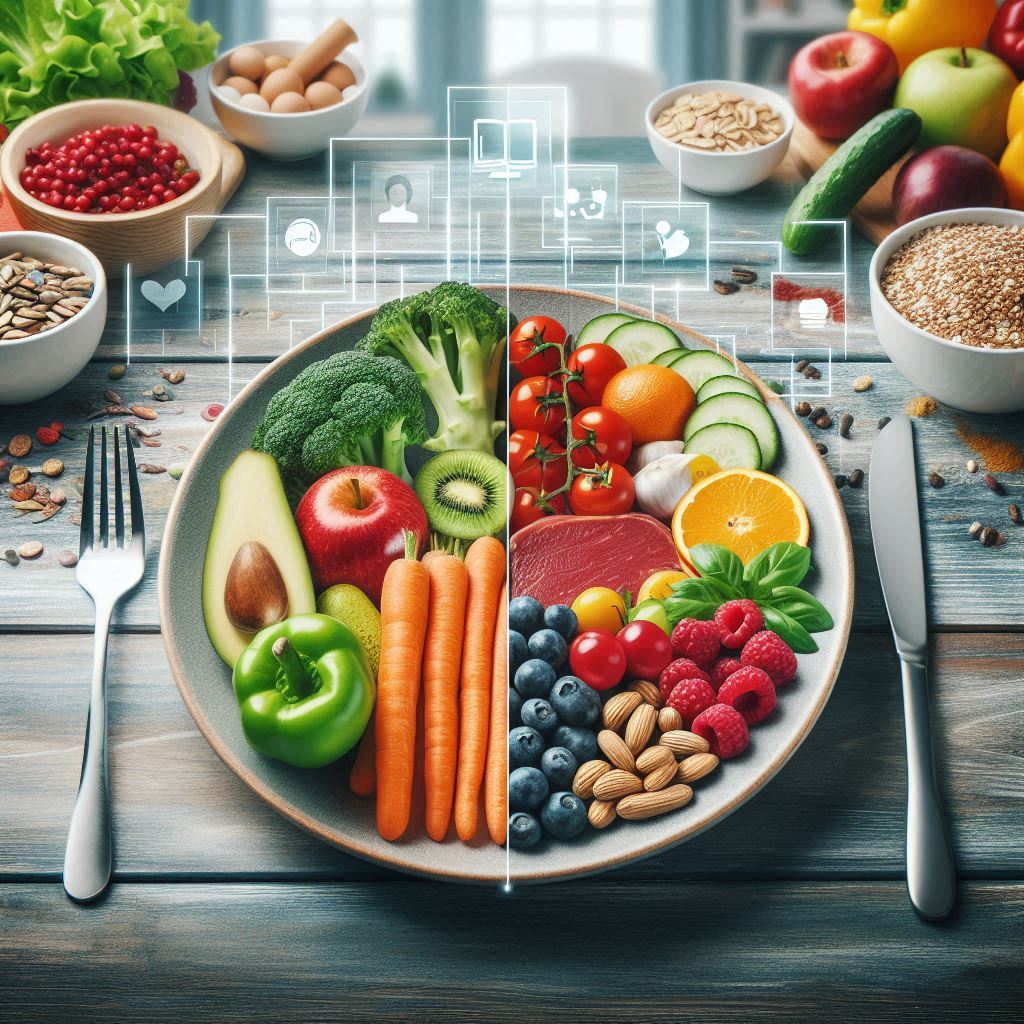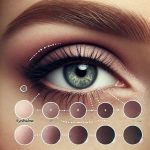Eating a healthy diet is essential for keeping your body strong and your mind sharp. Let’s explore the basic elements of nutrition and how they can help you lead a healthier life.
Macronutrients: The Building Blocks of Nutrition
Macronutrients are the nutrients your body needs in large amounts. They provide energy and are essential for growth and development. There are three main types of macronutrients:
Carbohydrates:
Carbs are your body’s main source of energy. They are found in foods like bread, rice, pasta, fruits, and vegetables. There are two types of carbs:

Simple Carbohydrates:
These are quick sources of energy and can be found in sugar, candy, and some fruits.
Complex Carbohydrates: These provide long-lasting energy and are found in whole grains, beans, and starchy vegetables.
Proteins: Proteins are essential for building and repairing tissues. They are found in meat, fish, eggs, dairy products, beans, and nuts.
Fats: Fats are necessary for storing energy and protecting vital organs. There are healthy fats and unhealthy fats:
Healthy Fats: Found in fish, nuts, seeds, and avocados. These fats are good for your heart.
Unhealthy Fats: Found in fried foods, processed snacks, and some red meats. These fats can be harmful if eaten in large amounts.
Micronutrients: Vitamins and Minerals
Micronutrients are nutrients your body needs in smaller amounts. They are vital for many body functions, including growth, disease prevention, and well-being.
Vitamins: These are organic compounds that are crucial for health. Each vitamin has a specific role in your body. For example, vitamin C is important for your immune system, and vitamin D helps your bones stay strong.
Minerals: These are inorganic elements that also support various body functions. Examples include calcium, which is necessary for strong bones and teeth, and iron, which helps your blood carry oxygen.
Water: The Essential Nutrient

Water is vital for life. It helps your body function properly, keeps your skin healthy, and helps with digestion. You should aim to drink plenty of water every day to stay hydrated.
Balanced Diet: Combining Nutrients for Health
A balanced diet includes a variety of foods in the right proportions. Here are some tips to achieve a balanced diet:
Eat a variety of foods: Include different fruits, vegetables, proteins, and whole grains in your meals.
Portion control: Be mindful of the amount of food you eat. Eating too much or too little can lead to health problems.
Limit sugar and salt: Too much sugar and salt can lead to health issues like obesity and high blood pressure. Choose foods with less added sugar and salt.
Healthy snacks: Choose fruits, nuts, or yogurt instead of chips or candy for snacks.
Reading Food Labels: Know What You Eat

Understanding food labels can help you make healthier choices. Look for information on calories, serving size, and nutrients. Check for added sugars, unhealthy fats, and high sodium levels.
Meal Planning: Stay on Track
Planning your meals can help you maintain a healthy diet. Make a weekly plan, shop for the ingredients, and prepare meals ahead of time. This way, you can avoid unhealthy fast food and have nutritious meals ready to go.
Conclusion
Understanding the basics of nutrition is the first step toward a healthier life. By including a variety of foods in your diet and paying attention to the nutrients your body needs, you can ensure that you’re giving your body the best fuel possible. Remember, eating healthy is not about strict limitations but about feeling great, having more energy, and improving your health.









Leave a Reply